A world forever changed
June 11, 2021
March 13, 2020: a date that will live on for generations. A date that changed the world, or at least our world, forever.
It’s no surprise that monumental events affect those who live through them in a remarkable way. Mask wearing and social distancing, ideas once unheard of, are now all too familiar.
Vaccinations have now given way to a light at the end of the pandemic tunnel, but that’s not to say that everyday life will not be forever changed. As time continues to pass and the pandemic seems to be meeting its end, life may never return to the exact way it once was.
West Ottawa Assistant Principal Jake Manning has seen the Coronavirus affect students, faculty, and his community, and recognizes the past year and a half has meant different things for different people.
For some it’s been a time of loss, losing loved ones and once-in-a-lifetime events, while for others it’s been a time of adaptation, learning how to follow government mandates and navigate online school.
“No matter what role one might find themselves in in this pandemic, the last year and a half have been a watermark experience for us all. For all of us, it’s been about coming to grips with our humanity,” Manning said.
“We remind ourselves of what matters most to us. We choose to spend our time doing things that matter. We remove or change things in our lives that we know we need to rid ourselves of. So, one ‘lasting effect’ of the pandemic I hope remains is a renewed focus on what matters to us most,” he said.
“I feel as if people will be more grateful for what they have, as nothing is granted,” Jr. Ben Sanders said. “Through the pandemic, societies and individuals learned how much we depend on one another. I feel as if interpersonal interaction will be valued much more in the future, which is a definite positive for our world.”
The past 65 weeks have united people in their sense of humanity, bringing together the parts of life that matter the most.
Jr. Natalie Wilcox also has hope for a positive lifestyle change after the pandemic. “In the future, I think we will be more appreciative of moments that seem normal, like spending time with grandparents or playing in a soccer game,” she said.
“On the surface, the world will be a little different. On a deeper level, assuming the pandemic ‘ends,’ people will mostly return to pre-pandemic life,” Instructor Paul McNitt said. “The challenges and joys people experienced before will be present again moving forward. Individuals who lived through the pandemic will change in subtle ways, but society will return to its previous course.”
That hope of once again returning to normalcy has held society together in a time of such perpetual uncertainty. As the world moves forward past the virus, people may discover that not all that much has changed from the world we remember.
Despite the positive changes brought about by the Coronavirus, there are bound to be impacts much less beneficial.
Dr. Jack Mulder Jr., chairman of the philosophy department at Hope College, worries about how society will recover from the loss of social interactions with “mid-range” friends. “Will those relationships come back once we’re able to gather more freely? These are actually much more important than we often think, it seems to me,” he said.
West Ottawa students share similar concerns with the lasting changes to social interactions after COVID.
“Mainly, the pandemic has lowered people’s social skills. Some people have lost that social skill due to being isolated for so long. Either it will take a while for people to gain their social confidence back, or they will never gain it back again. In some cases, people have never had social skills, and quarantining has made it worsen,” Soph. Mallory Renkema said.
After so much time in isolation, people are destined to struggle reacclimating to the world’s social climate, but how society combats these struggles will be the true test of people’s resiliency.
From a physical wellness standpoint, COVID has clearly left its mark. Personal well being and public health care has changed drastically in a relatively short time period.
“I feel people will be more serious when they get sick with anything,” Soph. Roger Roa said. “We’re probably all going to be more germaphobic from now on,” Jr. Erika Allen said.
The Coronavirus has impacted health care delivery greatly. Dr. Susan Ervine hopes that these long term outcomes will have a positive effect and improve patient care.
COVID also brought to light the racial disparities in U.S. health care. “We already knew that these disparities existed for other common health care issues, but COVID quickly exposed these vulnerabilities on a larger scale. Hopefully this will allow us to work on closing the gaps, to bring about equity in health care across all racial groups,” Ervine said.
As the pandemic spread rapidly, nursing homes took the brunt of the effects. Families were unable to visit loved ones due to the heavy COVID restrictions. However, these devastating impacts will hopefully lead to a brighter future for assisted living facilities.
“The way we care for the elderly is being reevaluated because of COVID. Now, there is increased interest in providing high quality care at home for the elderly. Home health aides and smaller group living situations are now in high demand,” Ervine said.
COVID shined a light on the world’s technological capabilities. Schools and workplaces closed, quickly throwing people into an unfamiliar virtual environment. Nearly everyone was forced to conform to a digital way of life.
The lasting effects of the pandemic have opened up opportunities for delivering health care remotely. Telemedicine has become widely available and continues to aid the community. Instead of visiting a doctor’s office in person, the patients are able to meet with doctors through a video visit.
“This technology helped reduce the spread of the virus, but has also increased convenience for patients, decreased health care costs, and has provided access to health care for patients who may otherwise be unable to visit a doctor’s office,” Ervine said.
Technology, as it has for generations, continues to play a large role in the modern world. After COVID, its role may be even more important. “We will be able to adapt to more changes and move forward in the technology industry,” Jr. Lydia McCourt said.
People may disagree on how the pandemic changed lives, but one thing is certain: COVID will change the world.

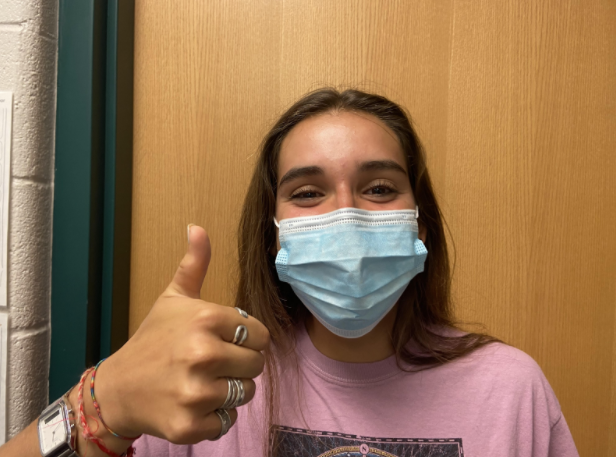






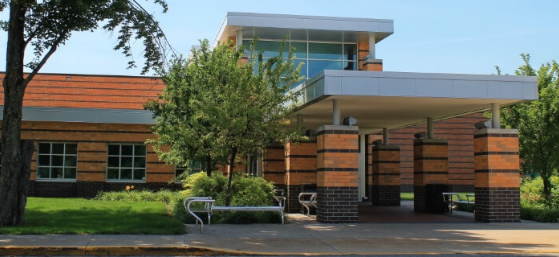
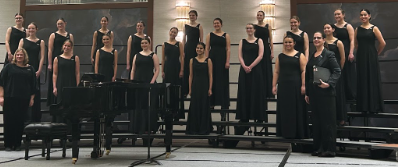
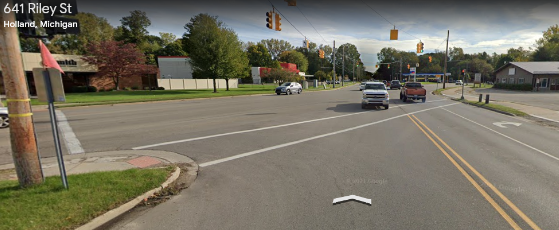

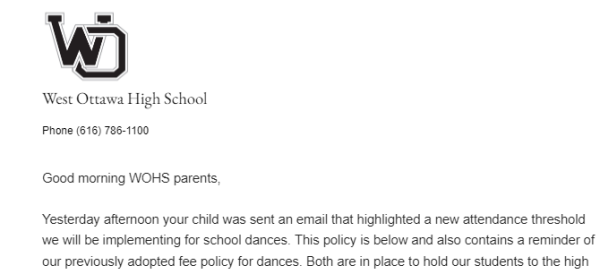
Vicki Messick • Jun 12, 2021 at 7:04 pm
Well written and very informative article. Congratulations well done.